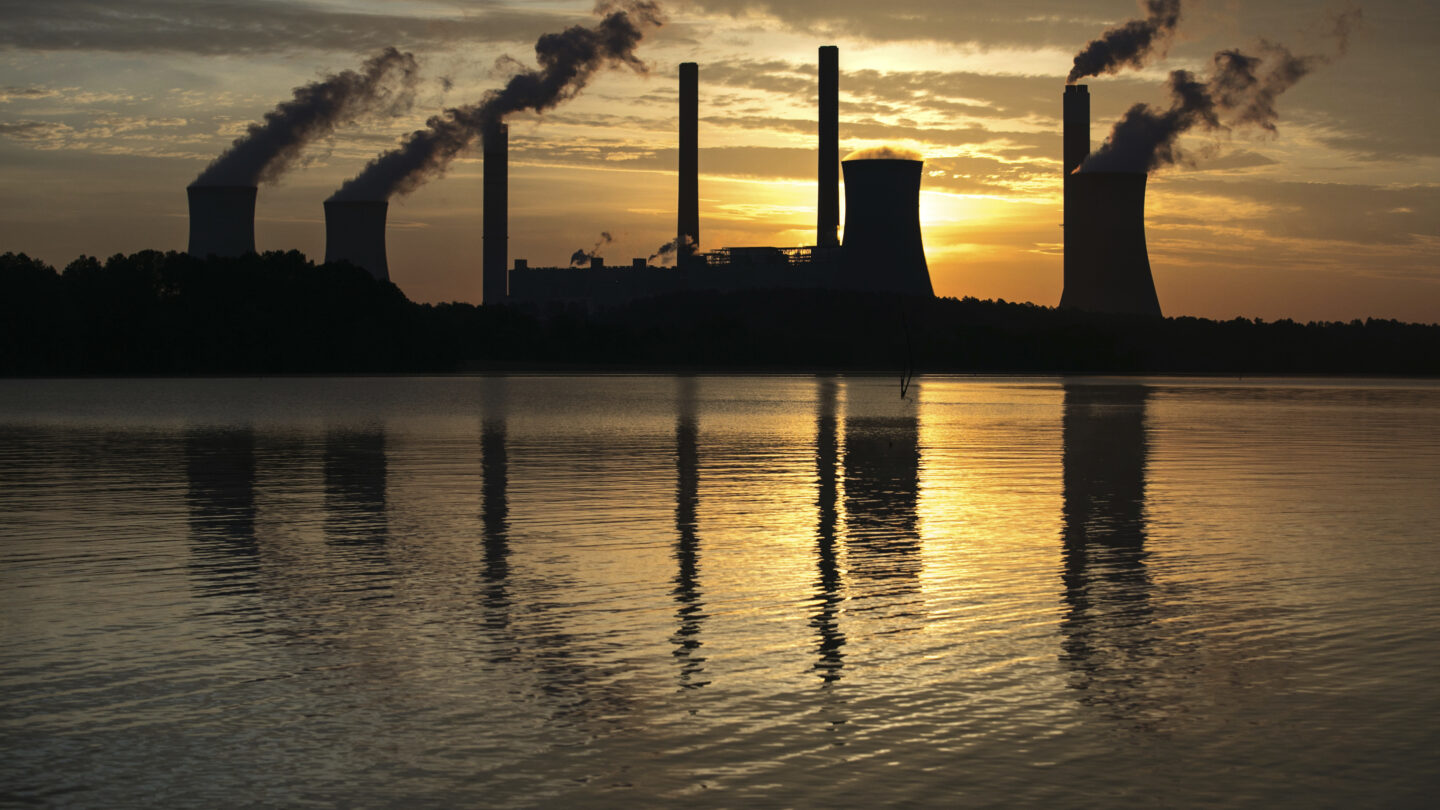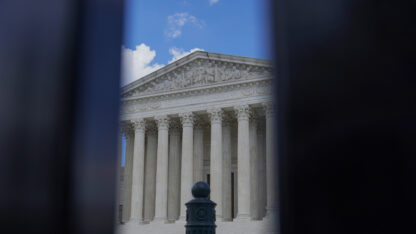This coverage is made possible through a partnership with WABE and Grist, a nonprofit, independent media organization dedicated to telling stories of climate solutions and a just future.
A new report on climate change by the National Association of Evangelicals could help galvanize Georgia evangelicals doing environmental work, local advocates said.
The report, called “Loving the Least of These,” makes a Biblical case for addressing climate change, citing scripture that calls for stewardship of God’s creation and care for the poor and oppressed.
Codi Norred of Georgia Interfaith Power and Light, which works with faith communities on climate action, said Evangelicals make up a large proportion of religious Georgians.
“So I think for them to take, you know, climate action seriously is one of the best ways that we can make significant progress on those issues in faith communities, especially in the South,” he said.
This report doesn’t have the kind of authority that a statement by the Pope would for Catholics, since the National Association of Evangelicals is not a central body making decisions that churches follow.
But it could still have an impact, said Marqus Cole with the Evangelical Environmental Network and Grace Snellville church, east of Atlanta.
“It gives local pastors and lay people, just regular Evangelicals, a permission structure to work within and say, ‘I might not have considered that before. But now people I trust are talking about this, maybe there’s something for me to consider,’” he said.
Some Evangelicals in Georgia are already taking some climate action, like installing solar panels and increasing energy efficiency at their church.
Cole said he hopes the report will push them to think bigger.
“Once you start seeing the savings of the money and get people comfortable with those types of actions, then you can expand out to policy that’s local with county commissioners or mayors,” he said. “And then maybe you can start to raise the salience of that value when it comes to voting.”
Surveys suggest Evangelicals are less likely than other Christian denominations to think climate change is a serious issue, or that it’s caused by humans. Cole and Norred hope the Biblical case in the new report can help change the conversation. The case for caring for one’s neighbors and the planet is strong, they said, and doesn’t need to fall victim to political divides.
“That’s my neighbors, your neighbors, folks that have to pay utility bills, folks that work good jobs, either cutting grass or doing contracting that can’t work in the sweltering heat,” Cole said. “Those things impact people, whether you’re Republican, Democrat, progressive, or conservative.”









